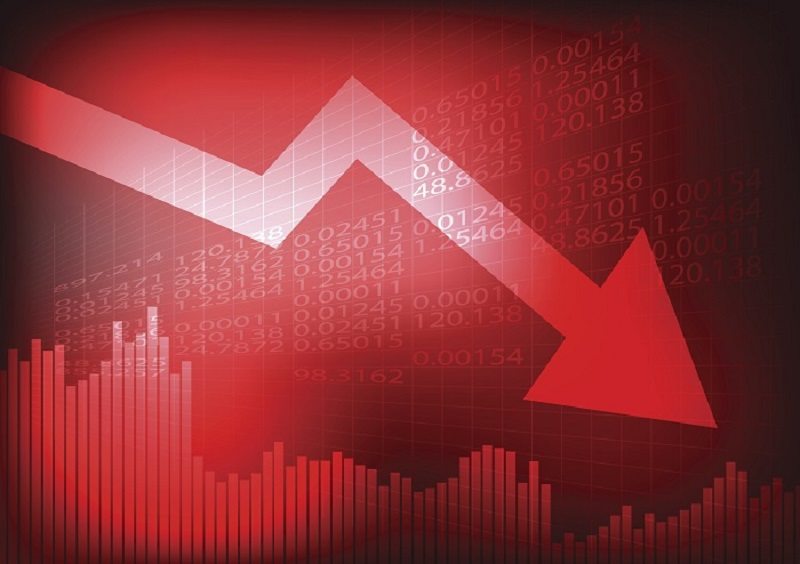According to the Office for National Statistics (ONS), inflation for March came in at 2.5%, below the 2.7% expected by economists.
In February, inflation dropped to 2.7%.
Mike Hardie, head of inflation at the ONS, said the lower-than-expected figure was because women’s clothing prices have been rising slower than usual for this time of year.
He added: “Alcohol and tobacco also helped ease inflation pressures, with tobacco duty rises linked to the Budget not appearing this March, thanks to its new autumn billing.
“Growth in the price of goods leaving factories continued to slow, due mainly to a smaller increase in the price of food products compared with this time last year.”
Although the inflation rate remains above the BoE’s 2% target, the downward drop has led to questions about what this means for interest rates.
Industry reaction
On the back of the news, sterling fell by 0.74% against the dollar to $1.41.
Thomas Wells, manager of the Smith & Williamson Global Inflation-Linked Bond fund, said while inflation figures are strong, he remains positive that headline inflation will moderate further in the second half of the year, slowly moving back towards target.
However, the actual glide path from here will depend on what the BoE does with rates, he argued.
He said: “Today’s data will raise questions as to why policymakers are so eager to raise rates in the short term.
“The hawks will probably point to higher average weekly earnings data which grew by 2.8%, using the three-month average, year on year, and if compared to today’s UK CPI print, supports the case for anticipated positive real UK wage growth over the rest of 2018.
“However, while wage pressures for UK households are finally beginning to ease, we would still question the path of consumption in the UK, given how hard households have been squeezed in recent years.
“We know that inflation should ease over the course of this year; if consumption also falls or stagnates, the justification for higher rates could begin to erode quite quickly.”
Laith Khalaf, senior analyst at Hargreaves Lansdown, added that the CPI figures are unlikely to deter the BoE from raising interest rates in May.
He said it’s only a matter of time before another slowdown materialises, and the bank “would dearly love more room to swing the bat of monetary policy when it does”.
He added: “Falling inflation is good for UK households, though higher interest rates will take up some of the slack in household budgets if the central bank delivers on expectations next month.”
Despite an interest rate rise looking likely in May, Khalaf said the Bank will remain “wary of moving too fast too soon” and is likely to move “at a slovenly pace”.










